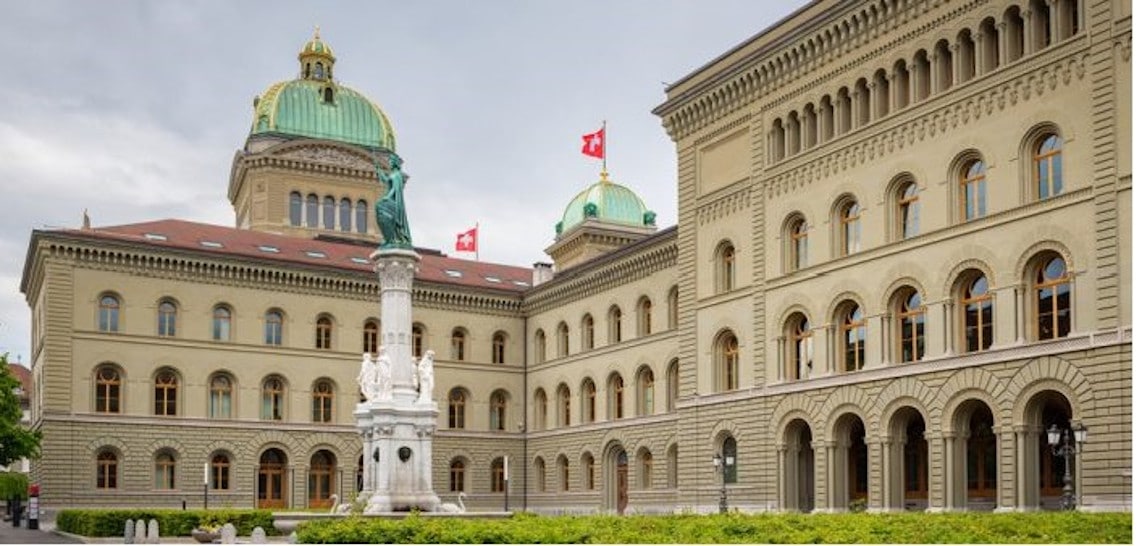
The large chamber is in favour of several legislative changes that improve the framework conditions for blockchain and distributed ledger technology (DLT). In doing so, the National Council followed a recommendation of the Federal Council last November.
Aims of the legislative amendments
This week the Council of States gave the green light for the creation of a new category of licence for the commercial operation of DLT infrastructure providers. The aim is to be able to prevent “snowball systems, empty promises and the sale of non-existent crypto-currencies”.
The Council has also mandated legislation for the trading of rights through tamper-resistant electronic registers. The aim is to provide legal clarification of the separation of cryptobased assets from the bankruptcy estate.
Minor changes to the Federal Council bill
The National Council deviated from the Federal Council’s proposal on two points. The two most important changes concern data access and the ombudsman offices.
The Council included a new provision in the Federal Act on Debt Collection and Bankruptcy (SchKG), “under which any third party who can prove that they are legally or contractually entitled to the data can demand access to the data or the surrender of the data”.
With regard to ombudsmen, the WAK-N decided by 18 votes to 5 to amend the Financial Services Act (FIDLEG). In order to reduce the administrative burden on small DLT trading systems, financial service providers who provide financial services exclusively to institutional or professional clients do not have to join an ombudsman’s office.
Unanimous acceptance despite headwind from the left
The bill was criticized only by the left-wing camp. Samuel Bendahan (SP/VD) claimed that it gave too few answers to ecological and criminal questions about modern technology. Gerhard Andrey (Greens/FR) criticised that it did not contain any transparency provisions.
However, the Council nevertheless unanimously adopted the proposal in the overall vote (3rd WAK-N ADOPTS BLOCKCHAIN PROPOSAL). The National Council, as the first chamber of parliament, will probably deal with this matter in the 2020 summer session.
*Originally published in German at CVJ.ch

